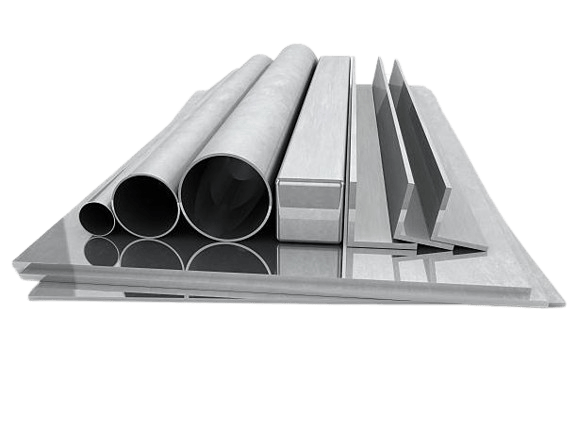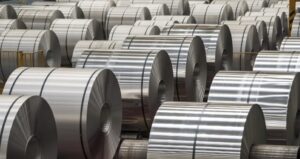When it comes to choosing between steel and aluminum for various applications, the decision often boils down to a series of trade-offs. Both materials have their own unique properties and advantages, making them suitable for different purposes. Let’s delve into the debate of steel vs aluminum to understand their strengths and weaknesses better.
Key Factors: Steel vs Aluminum
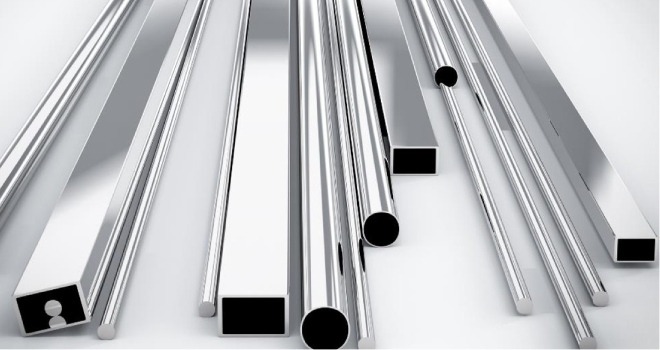
When comparing steel and aluminum, several factors should be considered to make an informed decision. These factors include:
Durability: Assess the strength and resilience of both materials to ensure they meet the requirements of the intended application.
Weight: Consider the weight of steel and aluminum, as this can have implications for transportation, installation, and overall performance.
Cost: Evaluate the cost of both materials, including initial expenses and long-term maintenance costs.
Corrosion Resistance: Examine the corrosion resistance of steel and aluminum to determine their suitability for the environment in which they will be used.
Thermal Conductivity: Understand the thermal properties of steel and aluminum, especially if heat dissipation or retention is a critical factor in the application.
Aluminum vs Steel Strength
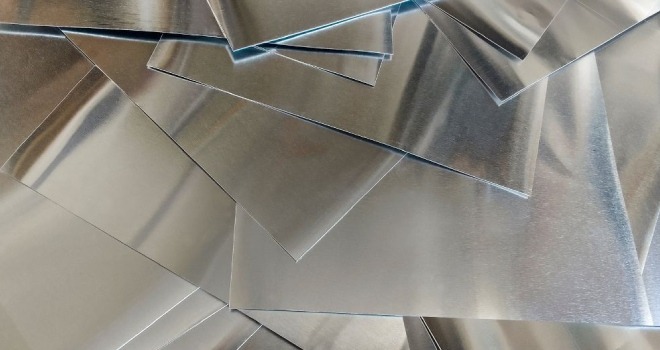
Aluminum’s malleability and elasticity enable it to form intricate shapes, surpassing steel in certain dimensional limits. While steel is known for toughness, it may crack under extreme shaping pressures. Generally, steel is stronger, but aluminum’s superior strength-to-weight ratio makes it favorable in many applications. Choosing between them hinges on design flexibility; a larger aluminum part could offer superior strength at a lighter weight compared to steel.
Does Aluminum Crack Easier Than Steel?
Despite aluminum being lightweight, it does not crack more easily than steel. Steel, with its high carbon content, is a tough and resilient metal. However, it cannot withstand the same extreme conditions as aluminum without experiencing cracks or breaks.
How Much Lighter Is Aluminum Than Steel?
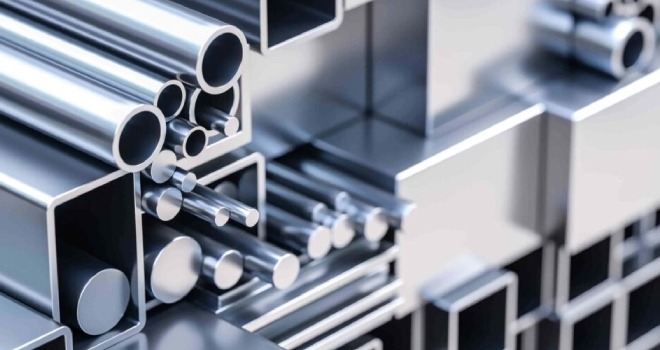
When considering weight, aluminum is known for its lightweight nature compared to steel. Steel’s strength is counterbalanced by its higher density, making it up to three times heavier than aluminum for the same volume. While steel is more resistant to corrosion and harder than aluminum, aluminum is more prone to dents and scratches. Steel’s strength provides resistance against warping and bending, but its density is significantly higher than that of aluminum, being 2.5 times denser on average.
Aluminum vs Steel Price
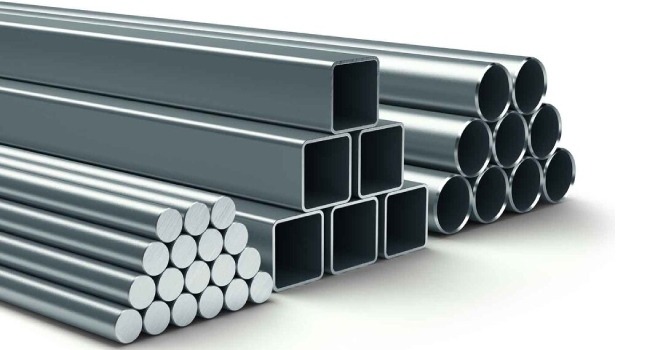
When comparing the cost of steel and aluminum, it’s crucial to factor in fluctuating prices influenced by global supply and demand, fuel costs, and raw material availability. Generally, steel tends to be cheaper per pound than aluminum. Raw material costs directly impact the final price of spun products. While exceptions exist, an aluminum spinning typically costs more than a steel counterpart due to raw material price differences. Material cost plays a significant role in material selection for projects. Pricing for both metals varies with market conditions and specific alloys, making it challenging to definitively state which is cheaper overall. Pound for pound, carbon steel is often considered more cost-effective than a comparable aluminum alloy.
Steel vs Aluminum: Corrosion Resistance
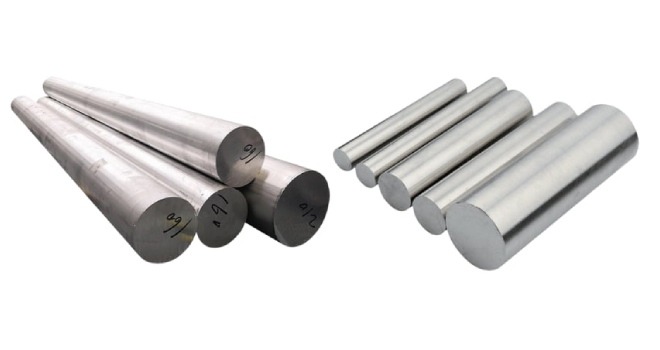
Aluminum excels in corrosion resistance without additional treatment, as it does not rust and maintains its protective oxide layer. In contrast, carbon steel typically requires post-spinning painting or treatment to prevent rust and corrosion, especially in moist environments. Plain carbon steel is prone to rust and corrosion upon exposure to the elements. Stainless steel, containing at least 11% chromium, offers high corrosion resistance but at a higher cost and potential alterations to its properties. Aluminum’s inherent oxide layer acts as a barrier against oxidation, ensuring prolonged corrosion protection under suitable conditions.
Steel vs Aluminum: Thermal Conductivity

In the realm of thermal conductivity, aluminum outshines steel as a superior conductor, making it a preferred choice for applications necessitating efficient heat dissipation or distribution, notably in heat sinks. Due to its excellent thermal conductivity properties, aluminum is proficient at transferring heat quickly across its surface and dispersing it effectively. This characteristic is particularly advantageous in industries where heat management is critical for optimal performance. The high thermal conductivity of aluminum enhances its utility in various engineering and manufacturing applications that demand proficient thermal management solutions.
Choose The Suitable Material For Your Project

Consider these specific features of steel and aluminum when selecting the material best suited for your project based on factors like strength, weight, corrosion resistance, thermal conductivity, and aesthetic considerations.
Steel Applications
Strength and Durability: Steel is known for its high strength and durability, making it ideal for applications requiring robust structural support, such as bridges, parkades, and mechanical equipment like tractors and cranes.
Weight Bearing Capacity: Due to its strength, steel is commonly used in infrastructure projects where heavy loads need to be supported, like in steel supports and girders for buildings.
Corrosion Resistance: While plain carbon steel may need additional treatment to prevent corrosion, stainless steel with chromium content can offer high corrosion resistance, suitable for outdoor structures and equipment subject to moisture.
Machinability: Steel is relatively easy to machine and shape, making it suitable for various mechanical equipment and tools like rolling mills and hand tools.
Aluminum Applications
Lightweight: Aluminum’s low density and lightweight nature make it ideal for applications where weight reduction is crucial, such as in aircraft fuselage, car body parts, and sports equipment like bicycle frames and golf club heads.
Corrosion Resistance: Aluminum naturally forms a protective oxide layer, providing excellent corrosion resistance without the need for additional coatings. This feature is advantageous for outdoor applications like window frames and car bodies.
Thermal Conductivity: Aluminum is an excellent thermal conductor, making it suitable for heat dissipation applications like in car engines and architectural structures where temperature regulation is important.
Aesthetics: Aluminum is often chosen for its aesthetic appeal, seen in architectural applications like side paneling and railing, where a sleek and modern appearance is desired.

